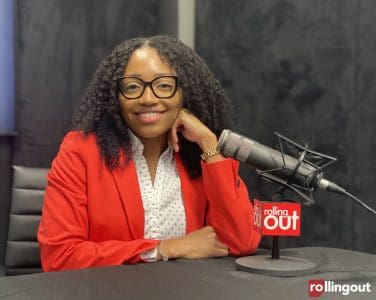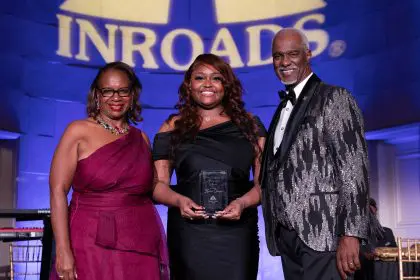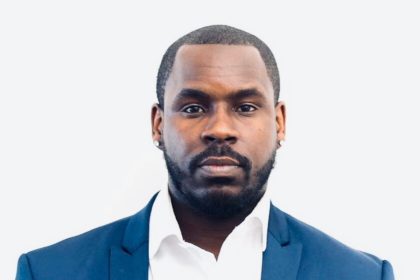
It was words of encouragement from Dr. Andrew Hill, a professor at Clark Atlanta University that impelled Jerome Clark to pursue his MBA. The Tulsa, Okla., native remembered his mentor’s advice after working in corporate America for three years; he entered Indiana University’s Kelley School of Business on a Consortium fellowship.
The marketing director for L’Oreal USA shares his B-school experience and the real secret to a six-figure salary. –munson steed
What is your daily routine?
Each day is a new and different adventure, which is one of the exciting aspects of working in marketing for a company like L’Oreal. There is never a dull or predictable moment at the company or in New York City, for that matter.
How do you stay relevant in your industry?
I challenge myself with new experiences for each new role. I started my marketing career at L’Oreal working in a brand management capacity, and then moved into an innovation role. I currently run a business that has both branding and innovation responsibilities in addition to the management of digital and social media for the division.
What are the benefits of an MBA?
The biggest benefits for me were the ability to change careers and increase my earning potential at the same time. Plus, the relationships I built in the program will continue to be invaluable throughout my career.
What professor has influenced how you approach your professional work?
Dean Dan Smith, my marketing professor at the Kelley School of Business, Indiana University, most influenced my professional work. From him, I learned how to quantify the financial impact of a marketing strategy as well as how to influence at the executive level through fact-based rationale, a compelling story and a bit of swagger. Dr. Smith had one of the best business wardrobes of all the faculty members.
How do the cases studies from business school help you in your current role?
Case studies were instrumental in applying the skills learned in class to real world, business scenarios. Case studies provided an opportunity to work with other classmates who brought different strengths to the table when it came to coming up with a solution to the business problems at hand.
How valuable was your first year internship? Where did you intern?
The internship is the most important aspect of the first year. It allows you to get experience in your chosen field of study and it gives you an opportunity to land a full time offer before you begin your second year of the MBA program. It also makes you more marketable to companies; you can provide real world examples of how you applied what you learned in B-school. I interned at Nestle in their Prepared Foods division.
Describe the insight you have received as an executive in corporate America as it relates to strategic planning, budgeting and forecasting?
It’s sound business practice to plan, budget and forecast, but in almost every case, the plan will inevitably change. The insight I have learned is that you have to be flexible because there will always be unforeseen challenges to the plan. This is where creative problem solving comes into play. MBA’s are expected to be good strategists and planners, but it’s the ability to solve problems that makes you invaluable to the organization.
What role has technology played in the business sector you currently work in today — keeping in mind supply chain, customer relationship management (CRM), QRS codes, tables, the Internet and more?
Technology is changing how companies go to market and how they prioritize media and promotional spending. Companies now have to balance their traditional advertising budgets with social media, CRM, search and digital advertising and other forms of digital marketing spending. What makes the new forms of marketing so appealing is the ability to have a high touch experience with consumers, measure the impact of that experience and optimize the campaign as you go. The next frontier of competitive advantage for big business will be in the digital and social media space.
How do you set your professional goals?
Each year, I try to set two to three goals for the year based on my overall long-term professional goals. At the end of the year, I reflect on my experiences and evaluate what I need to do the next year to get me one step closer to my long-term plan.
Given the industry that you work in today how would you describe your best professional accomplishment?
My best professional accomplishment is watching people that have worked for me progress to the next level of their careers. It’s very gratifying to know that as a manager, you have the power to impact the career growth of others.
If you delivered a commencement speech to college seniors on the value of an advanced degree, what would your speaking points be?
My speaking points would be [to] know yourself and what you want out of a career first, before deciding to get an advanced degree. In today’s world, an advanced degree is not enough to guarantee the six-figure salary; you have to know your unique value proposition in addition to the degree to set you apart from the rest. Lastly, your education doesn’t stop after you graduate; it’s a lifelong journey. Stay thirsty.











